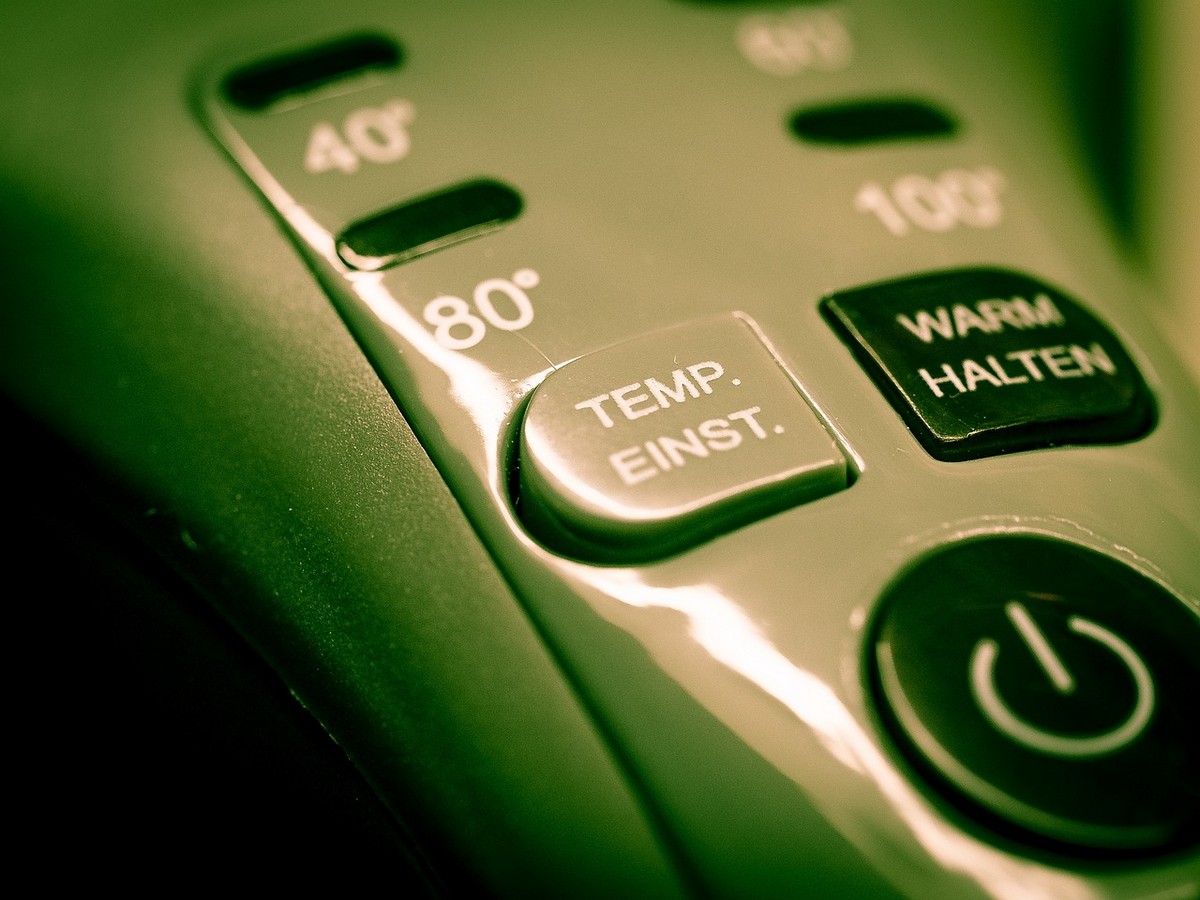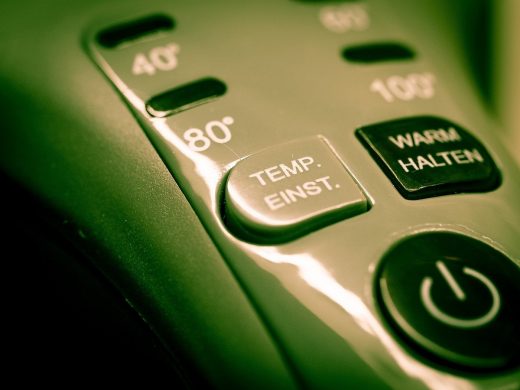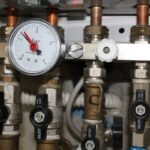Enhancing home performance, Why regular water heater maintenance matters, Home plumber tips, House heating system advice
Why Regular Water Heater Maintenance Matters
15 April 2024
Key Takeaways:
- Understand your water heater’s indispensable role in maintaining your comfort and its impact on energy efficiency.
- Learn the detailed steps to flush a water heater to safeguard its functionality.
- Grasp when it’s appropriate to handle maintenance independently and when it’s wiser to call in the professionals.
- Realize the cost-saving benefits and comfort improvements of regular water heater maintenance.
Regular maintenance of a water heater is crucial for its efficiency and longevity. Routine flushing can significantly extend its life and reduce energy bills. Understanding the reasons behind maintenance and adequate upkeep can ensure the appliance’s longevity.
Enhancing Home Performance: Why Regular Water Heater Maintenance Matters
Understanding the Significance of Water Heater Upkeep
At home, comfort is a need, and hot water is essential for many everyday activities, such as cooking and taking showers. However, your home’s energy usage is directly impacted by the condition of your unit, so it’s not only about comfort. A well-maintained water heater utilizes energy more effectively, decreasing waste. You should become familiar with how to flush a water heater. Preventing silt accumulation and corrosion helps keep the unit operating at peak efficiency and saves money on power costs.
Regular water heater maintenance is crucial for its longevity and reliability. It’s more cost-effective than reactive repairs or replacements, providing uninterrupted hot water supply and modest energy charges. Despite appearing like a chore, it’s a significant habit.
Components of a Water Heater and Their Functions
A standard water heater consists of various components, including the heating element, thermostat, dip tube, drain and pressure relief valves, and drain and pressure relief valves. Neglecting these can lead to safety risks and inconvenience, such as sediment accumulation. Monitoring and maintaining these components can prevent malfunctions and identify potential issues, such as anode rod corrosion.
Recognizing Signs of a Water Heater Needing Maintenance
Homeowners can detect signs of maintenance problems, such as inconsistent heating, noises, leaks, and rusty water. Regular flushing and replacement of parts, such as the anode rod, can prevent costly repairs and ensure peak efficiency for the unit. Being alert and responsive is crucial for preventing malfunctions.
The Step-by-Step Process of Water Heater Flushing
Maintaining a unit involves several steps, but flushing is arguably the most crucial for any unit (gas or electric). The flushing process entails completely draining the tank’s water to remove sediment accumulated at the bottom. To clean this item, turn off the power or gas supply, cool water, connect a hose to the drain valve, flush, refill the tank, and reactivate the supply. Follow a comprehensive guide and review online resources for easy follow-up.
Safety Protocols During Water Heater Maintenance
Maintenance work requires caution and safety precautions. Familiarize yourself with safety guidelines, equip yourself with essentials, and maintain a clutter-free workspace. If handling electrical and plumbing systems, seek professional help. Safety protocols ensure well-being, protect property and protect household well-being.
How Often Should a Unit Be Flushed?
The hardness of your water, how much hot water you consume, and the manufacturer’s recommendations affect how often you clean your water heater. Most experts advocate for flushing at least once every year. Still, areas with hard water with a high mineral content might necessitate more frequent flushings to prevent rapid sediment buildup.
Implementing an appropriate flushing schedule is a preventive measure that will help avoid efficiency loss and system failure. Keeping to a routine not only prolongs the life of your water heater but could also mean the difference between quick maintenance and a major, costly repair.
The Financial Implications of Skipped Maintenance
Your water heater’s maintenance needs might be neglected, which can have serious financial consequences. Regular upkeep is more cost-effective than facing an unexpected breakdown or prematurely replacing the entire unit.
It is to say nothing of the energy inefficiency of a poorly maintained water heater and the consequent higher utility costs. Over time, the incremental cost of flushing the unit and replacing an element or two pales compared to the expense of large-scale repairs or new installation. Regular maintenance is not just a matter of operational efficiency; it’s also economically prudent.
Comments on the Enhancing Home Performance: Why Regular Maintenance Matters article are welcome.
Water Heater Plumbing
Water Heater Posts
5 reasons why your home water heater not working
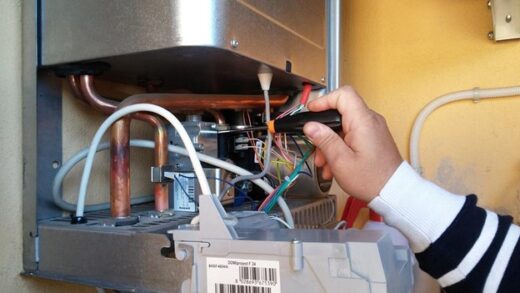
image source : pixabay.com
How to fix a broken hot water heater
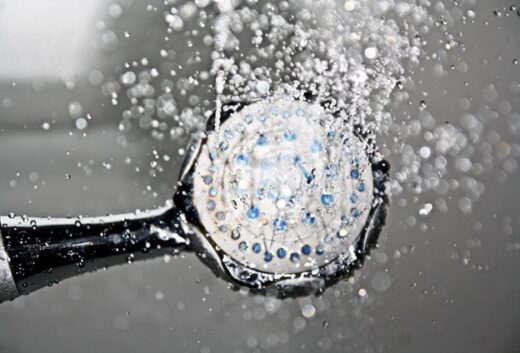
image source : pexels.com
4 signs that your water pump needs expert repair service
How to Know If a Plumber is Good
How to Find the Right Sunshine Coast Plumber
Signs You Need to Call a Plumber
6 Reasons Why Your Toilet Is Clogged
Building Articles
Residential Architecture
Comments / photos for the Enhancing Home Performance: Why Regular Water Heater Maintenance Matters page welcome.

